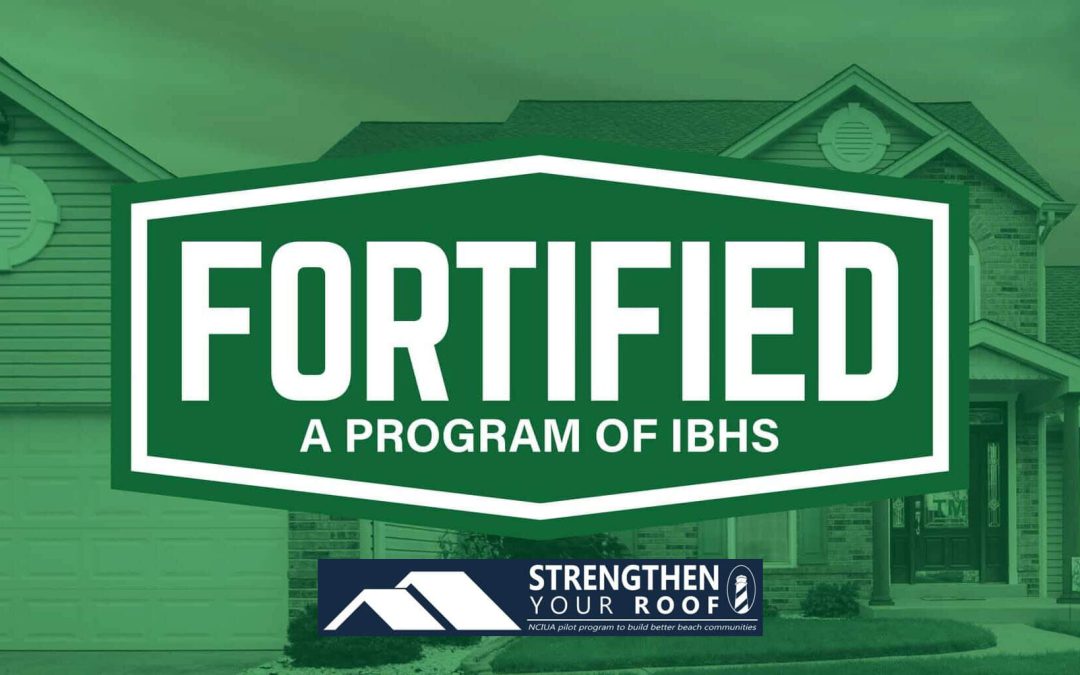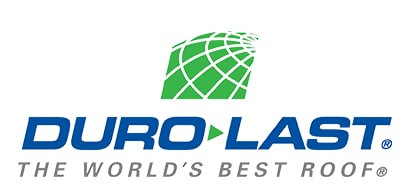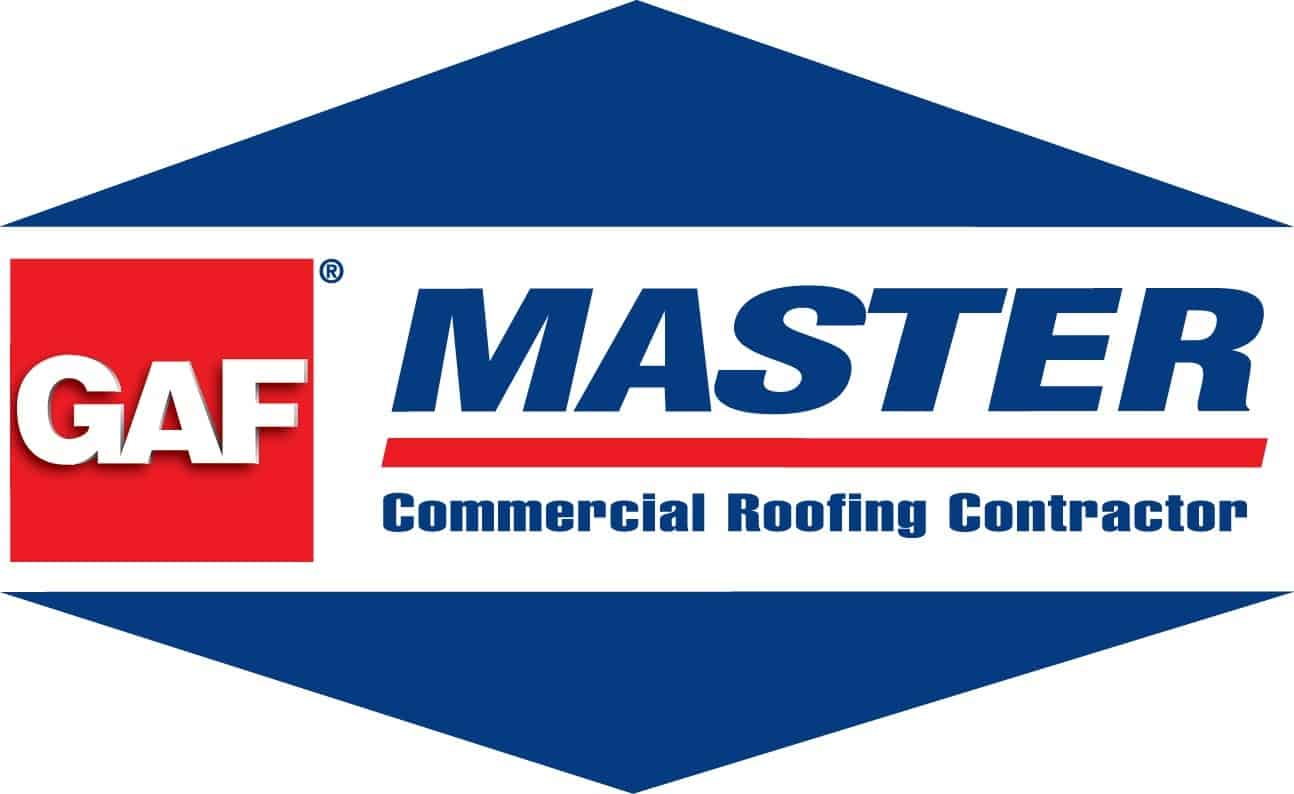FORTIFIED ROOFING GRANTS
A PROGRAM OF IBHS
FORTIFIED ROOF STANDARDS
Gallop Roofing & Remodeling, Inc is a Fortified Roof Applicator!
YOUR FAMILY DESERVES A STRONG HOME
FORTIFIED Home™ helps homeowners protect their investment in the face of hurricanes, high winds, hail, and severe thunderstorms. FORTIFIED goes beyond emergency and disaster preparedness to give you peace of mind knowing your home is structurally resilient and will better withstand severe weather.
Is a Fortified Roof Worth It?
A fortified roofing system refers to a type of roofing that is designed to be stronger and more durable than a traditional roofing system. This can be achieved through the use of materials such as reinforced concrete, steel, or other strong and sturdy materials. Fortified roofing systems are often used in areas where there is a high risk of extreme weather, such as high winds or hail, to ensure that the roof can withstand these conditions and protect the building and its occupants.

NEED A NEW ROOF? MAKE IT FORTIFIED
FORTIFIED Roof™ helps homeowners keep their roof on and keep water out during high winds, hurricanes, hailstorms, and severe thunderstorms. FORTIFIED goes beyond emergency and disaster preparedness to give you peace of mind knowing your roof is structurally resilient and will better withstand severe weather.
Gallop Roofing & Remodeling, INC. Announces Commitment to Resilience by Supporting IBHS’ FORTIFIED Home™ Program
Gallop Roofing & Remodeling is excited to announce it has joined in support of the Insurance Institute for Business & Home Safety’s (IBHS) FORTIFIED Home™ program. Gallop Roofing & Remodeling will work to make our communities more resilient by improving the ability of our nation’s homes to resist severe weather by promoting FORTIFIED Home’s voluntary severe storm protection system upgrades.
“Improving the ability of our nation’s homes to withstand severe weather is critical to protecting what is priceless and strengthening our communities,” said Fred Malik, Director of FORTIFIED Programs at IBHS. “From the roof to the foundation, FORTIFIED Home allies are leading the way by making the homes where we live stronger, safer and more durable.”
FORTIFIED Home was introduced by IBHS in 2010 as a voluntary set of home upgrades. Today, FORTIFIED Homes are being built in many of America’s coastal communities. The IBHS Fortified Home program is a set of construction standards and protocols designed to enhance the durability and resilience of homes in coastal communities. The program is run by the Insurance Institute for Business & Home Safety (IBHS), a nonprofit organization that conducts research and testing to improve building safety and performance. The Fortified Home standards are based on scientific research and engineering principles, and they are intended to help homes withstand severe weather events such as hurricanes and coastal storms.
Fact sheet – Overview of the benefits of a FORTIFIED Roof.
For more information about IBHS’ FORTIFIED Home program: FORTIFIEDHome.org
About the Insurance Institute for Business & Home Safety (IBHS)
IBHS is an independent, nonprofit, scientific research and communications organization supported by the property insurance industry. The organization works to reduce the social and economic effects of natural disasters and other risks on residential and commercial property by conducting building science research and advocating improved construction, maintenance and preparedness practices. Visit IBHS.org for more information about creating resilient communities and the FORTIFIED Home program.
Insurance companies may offer discounts on homeowner’s insurance policies for homes with fortified roofs. This is because fortified roofing systems are designed to be stronger and more resistant to damage from severe weather events, such as high winds or hail. As a result, homes with fortified roofs may be less likely to suffer damage and require costly repairs, which can reduce the risk for the insurance company. If you have a fortified roof on your home, it may be worth contacting your insurance provider to inquire about any potential discounts that may be available.








